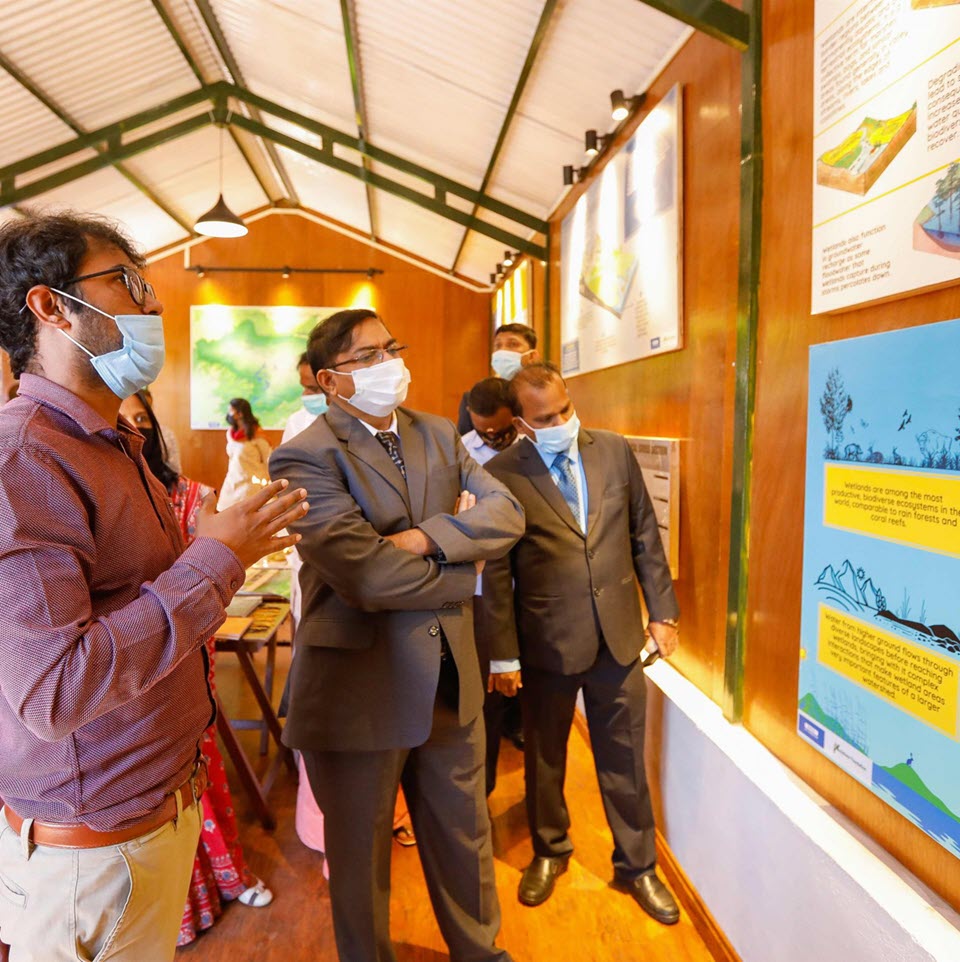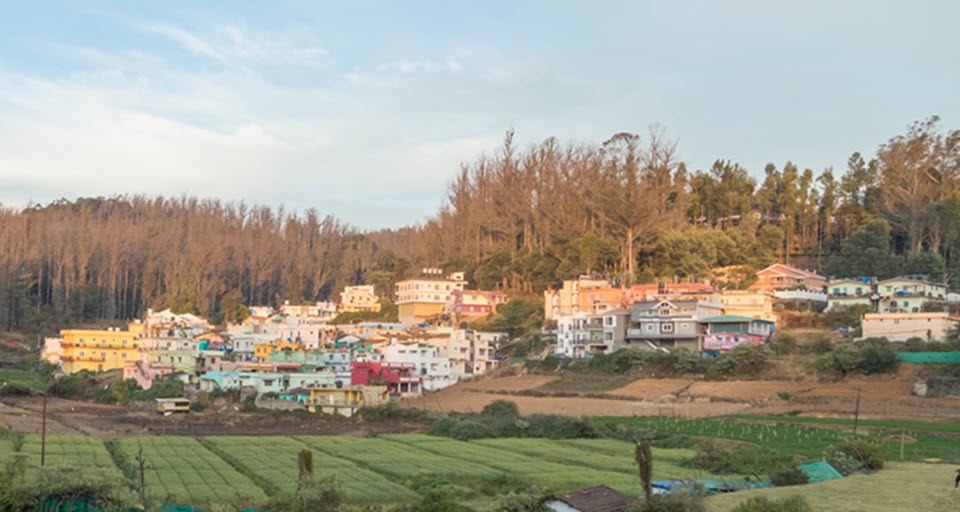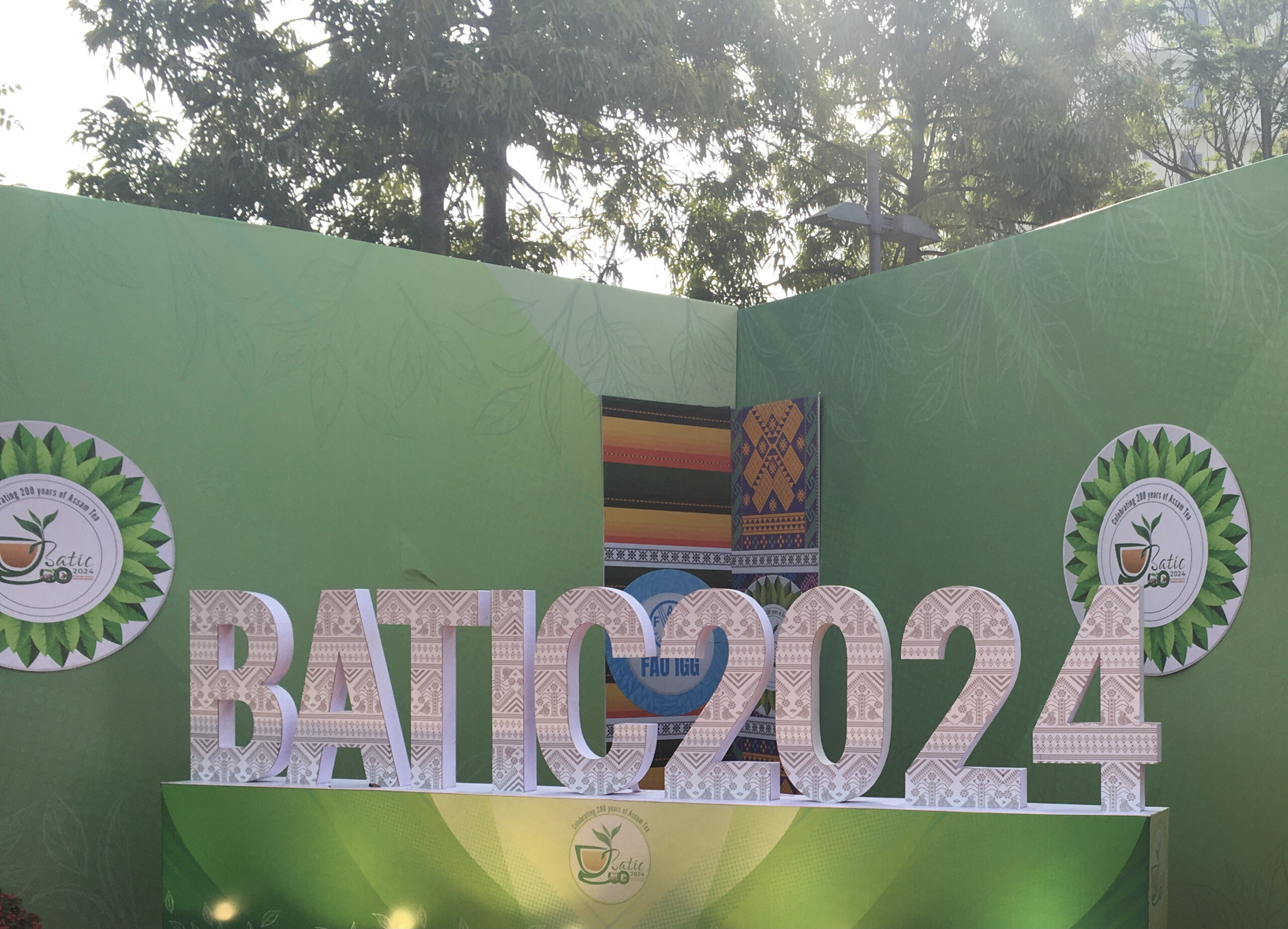By Aravinda Anantharaman | Managing Editor
India Tea News for the week ending 15 March 2024

ITA & Goodricke Group Announce Appointments
The Goodricke Group has appointed Arun Narain Singh as the Managing Director and CEO, effective March 6, 2024. This appointment follows the resignation of Atul Asthana last month. Mr Singh has held this position and most recently has been Founder Trustee of Tea Vision, an industry think tank building a common platform for multiple stakeholders in the tea industry and to be the industry’s voice.
The National Committee of the Indian Tea Association (ITA), meeting on March 12, announced the appointment of Hemant Bangur of Shri Vasupradha Plantations as Chairman, Suneel Singh Sikand, CEO of Rossell Tea, as Vice Chairman, and Atul Rastogi, Director of Luxmi Tea, as Additional Vice Chairman of the Association. Founded in 1881, the Indian Tea Association, headquartered in Kolkata, is India’s oldest organization of tea producers.
INDCO in the Nilgiris Gets a Tourism Boost
Tea tourism comes into focus in the south as well. In the Nilgiris, INDCOServe tea cooperative is set to receive Rs 7.4 crore (approx USD 900,000) to convert its Kattabettu tea factory into a tea tourism hub under the Tamil Nadu Innovation Initiatives plan. The funds will be used to create a living tea museum that will house various tea plants and allow visitors to see how tea is made and taste different teas. Both tea and tourism are essential to the economy of the Nilgiris, and this move is seen as a boost to that. INDCOServe is the largest tea cooperative in the country, with 30,000 small farmer members and 16 factories in the Nilgiris.
Powered by RedCircle





